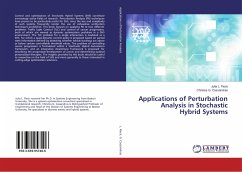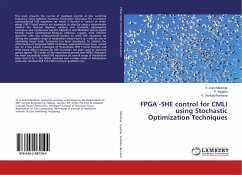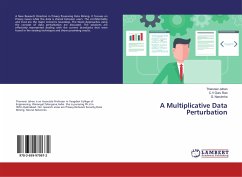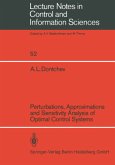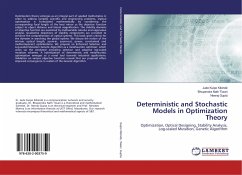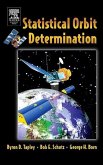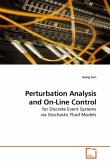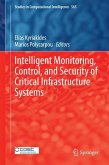Control and optimization of Stochastic Hybrid Systems (SHS) constitute increasingly active elds of research. Perturbation Analysis (PA) techniques have proven to be particularly useful for SHS, since the size and complexity of such systems frequently render the use of exhaustive veri cation techniques prohibitive. This book focuses on applying PA to two di erent problems: Tra c Light Control (TLC) and control of cancer progression, both of which are viewed as dynamic optimization problems in a SHS environment. The TLC problem for a single intersection is modeled as a SHS, for which a quasi-dynamic control policy is proposed based on partial state information de ned by detecting whether vehicle backlogs are above or below certain controllable threshold values. The problem of controlling cancer progression is formulated within a Stochastic Hybrid Automaton framework, and an integrative closed-loop framework is proposed for describing the progressive development of cancer and determining optimal personalized therapies. The insights provided by this book should be useful to researchers in the field of SHS and more generally to those interested in cutting-edge optimization solutions.
Bitte wählen Sie Ihr Anliegen aus.
Rechnungen
Retourenschein anfordern
Bestellstatus
Storno

